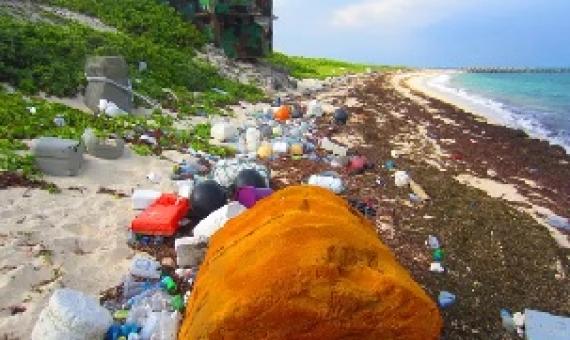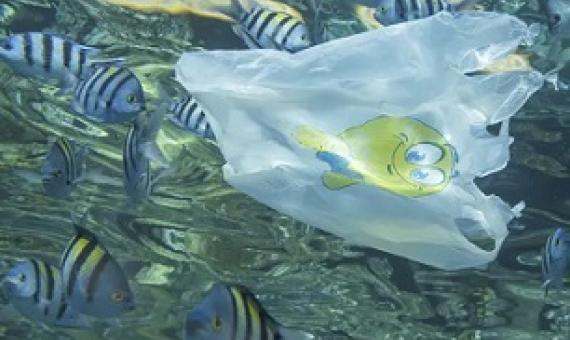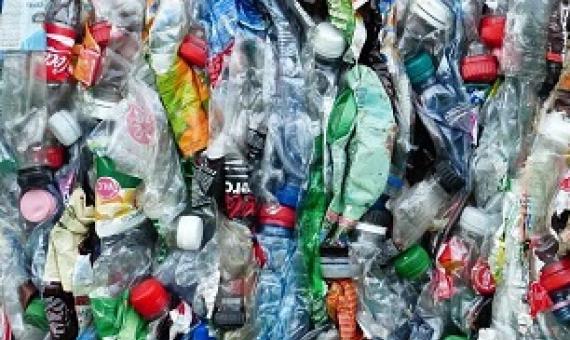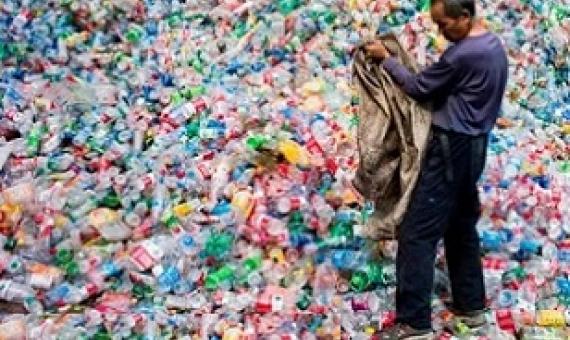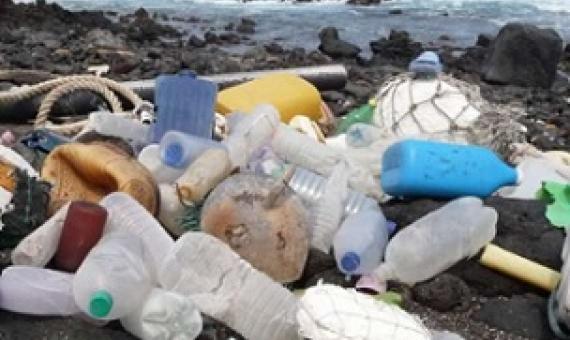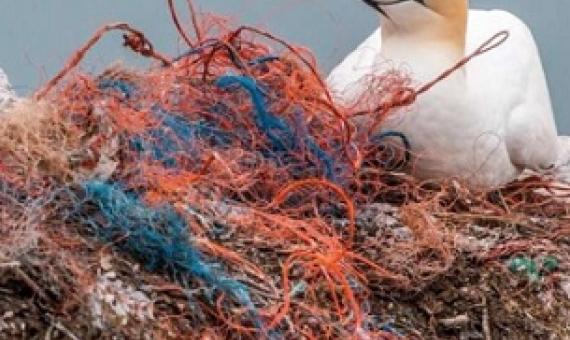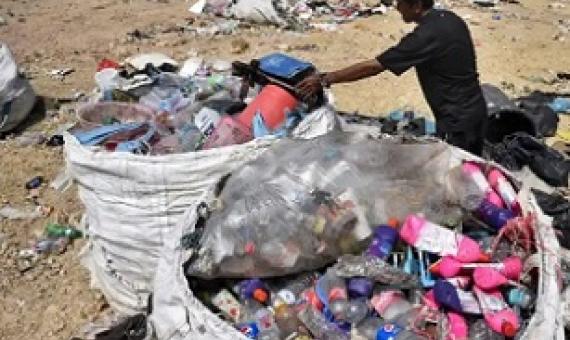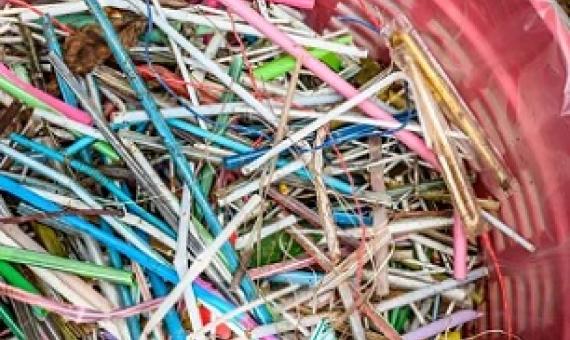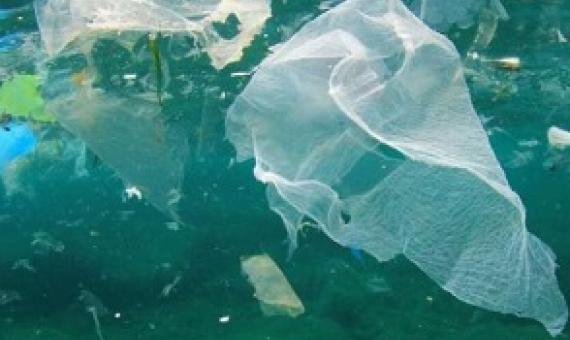Support is growing internationally for a new global treaty to tackle the plastic pollution crisis, it has emerged, though so far without the two biggest per capita waste producers – the US and the UK – which have yet to signal their participation.
After banning plastic bags last year, New Zealand now proposes to regulate single-use plastic packaging and to ban various hard-to-recycle plastics and single-use plastic items.
A new Tel Aviv University study compares the effects of two types of disposable dishes on the marine environment—regular plastic disposable dishes and more expensive bioplastic disposable dishes certified by various international organizations—and determines that the bioplastic dishes had a simil
In an article published in the peer-reviewed scientific journal, Wiley Interdisciplinary Reviews (WIREs) Water, the 13 experts say that while plastic waste is an issue, its prominence in the general public's concern for the environment is overshadowing greater threats, for exam
Ecologists studying the prevalence of plastic pollution in aquatic ecosystems around the world are concerned after measuring the scale of human response needed to reduce future emissions and manage what's already floating around out there.
Removing all of the plastic litter from the UNESCO World Heritage Site of Aldabra Atoll—a ring of islands formed from coral reef in the Seychelles—would cost US $4.68 million and require 18,000 hours of labour, according to a study in Scientific Reports... The findings indicate
The disposal of plastics is a global problem. They are nearly indestructible in natural conditions but are discarded worldwide on a large scale. The world produces around 359 million metric tons of plastics each year.
Plastic waste flowing into the oceans is expected to nearly triple in volume in the next 20 years, while efforts to stem the tide have so far made barely a dent in the tsunami of waste, research shows.
The Queensland government will move to ban plastic straws, cutlery, stirrers and plates in a bid to stem the destructive effects of plastic on marine life and waterways.
New research from NUI Galway and the University of Limerick has for the first time quantified the volume of plastic from European countries (EU, UK, Switzerland and Norway) that contributes to ocean littering from exported recycling.

